In the daily bulletin of Center for Eurasian Studies dated 1 October 2012, a news item was published in which Stefan Füle, EU Commissioner responsible for enlargement, had reiterated the Union’s open door policy towards the Western Balkan countries. It is noteworthy to state what this news item and Füle’s statements evoke for Turkey and the Balkans. As it is well known, the Balkans is a region in the southeast of Europe with distinguishing geographical, political, cultural, social and demographic features. As a matter of fact, the Balkans has been an inseparable part of Europe throughout history and the soft belly of Western Europe. Turkey, which has a focal position in the crossroads of continents and regions, is also a Balkan country. As such, Turkey has always been active in Balkan affairs, has opposed the negative and belittling approach which was coined as “balkanization” in recent times and has always been in the forefront for the stability and cooperation among the Balkan countries. The EU has come to realize years ago that it was inevitable to include the Balkans in the EU enlargement and concrete steps have been taken in this direction. On the other hand, the fact that Turkey is a Balkan country seems to have led the EU into adopting a discriminatory approach towards the Balkans, coming up with the creation of a novel division labeled as “Western Balkans”. It is understood that the “Western Balkans” entails the new republics which gained their independence from the disintegrated Yugoslavian territories and Albania. The west has an east. However, the east is not mentioned for the Balkans and the EU policies have encouraged the perception that Greece, Bulgaria and Romania complete the east. It would be appropriate to take into consideration that a membership negotiation process which excludes Turkey from the Balkans is bound to weaken Turkey’s European references.
© 2009-2025 Center for Eurasian Studies (AVİM) All Rights Reserved
No comments yet.
-
THE BALKANS AND TURKEY
Alev KILIÇ 26.04.2013 -
THE DIASPORA’S CLAIM FOR COMPENSATION
Alev KILIÇ 11.10.2012 -
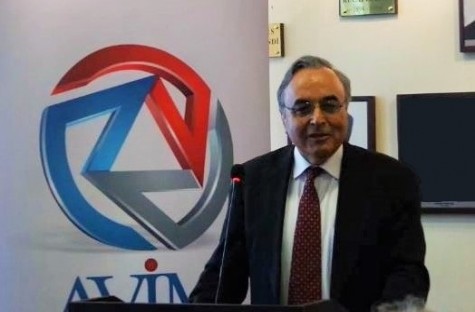 IT IS NOT SURPRISING TO SEE THE FRENCH AND RUSSIAN SUPPORT FOR THE ARMENIAN ALLEGATIONS AND CLAIMS
IT IS NOT SURPRISING TO SEE THE FRENCH AND RUSSIAN SUPPORT FOR THE ARMENIAN ALLEGATIONS AND CLAIMS
Alev KILIÇ 28.04.2015 -
THE TRANS-ADRIATIC NATURAL GAS PIPELINE (TAP)
Alev KILIÇ 04.10.2012 -
THE MOSCOW SUMMIT OF THE COLLECTIVE SECURITY TREATY ORGANIZATION
Alev KILIÇ 24.12.2012
-
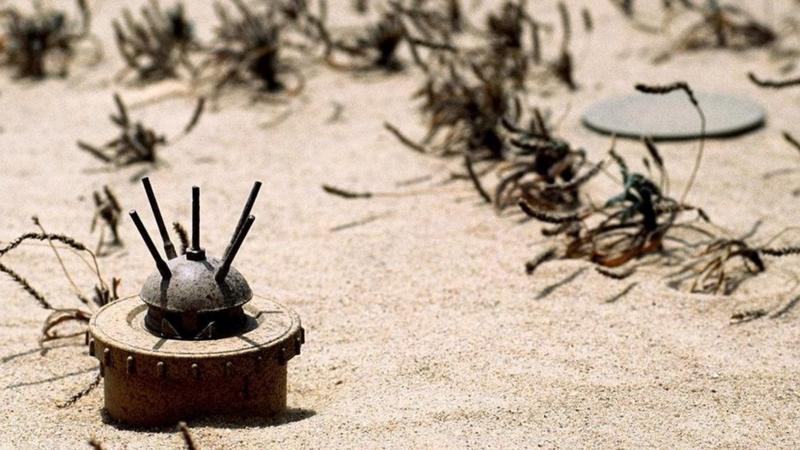 THE ISSUE OF MINE MAPS
THE ISSUE OF MINE MAPS
Tuğçe TECİMER 21.02.2024 -
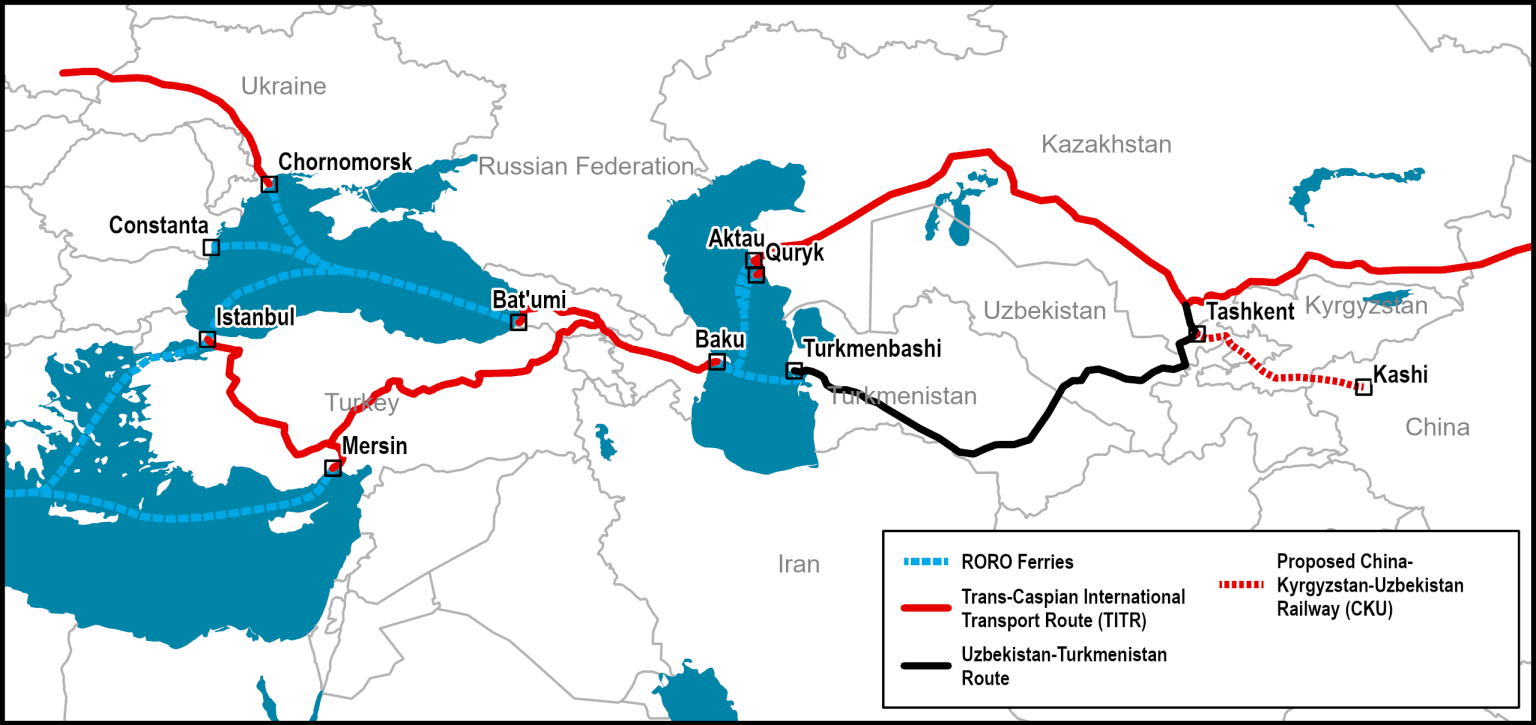 THE DEVELOPING TRANSIT ROUTES IN THE MIDDLE CORRIDOR
THE DEVELOPING TRANSIT ROUTES IN THE MIDDLE CORRIDOR
Bekir Caner ŞAFAK 20.03.2025 -
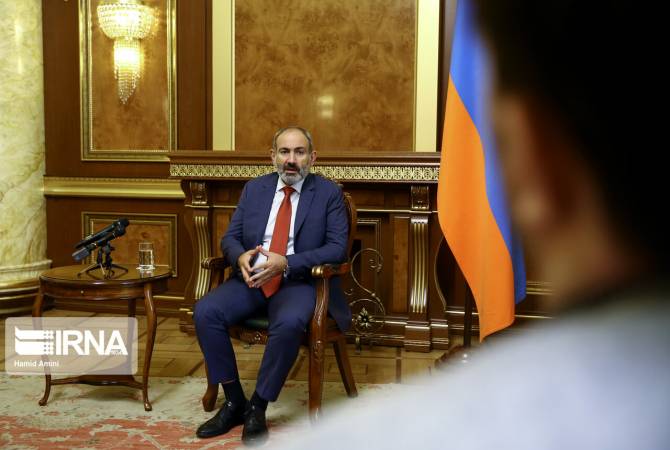 PASHINYAN AND MNATSAKANYAN’S DISCREPANCIES REGARDING RELATIONS WITH TURKEY
PASHINYAN AND MNATSAKANYAN’S DISCREPANCIES REGARDING RELATIONS WITH TURKEY
Berfin Mahide ERTEKİN 02.10.2019 -
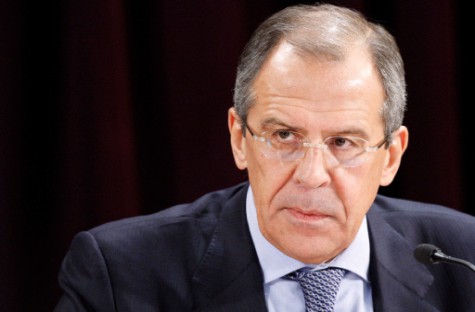 RUSSIA FM TELLS US SANCTIONS 'UNACCEPTABLE'
RUSSIA FM TELLS US SANCTIONS 'UNACCEPTABLE'
Hande Apakan 18.03.2014 -
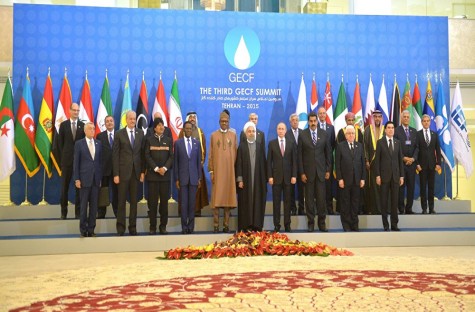 THIRD GAS SUMMIT OF THE GAS EXPORTING COUNTRIES FORUM
THIRD GAS SUMMIT OF THE GAS EXPORTING COUNTRIES FORUM
Ali Murat TAŞKENT 07.12.2015
-
25.01.2016
THE ARMENIAN QUESTION - BASIC KNOWLEDGE AND DOCUMENTATION -
12.06.2024
THE TRUTH WILL OUT -
27.03.2023
RADİKAL ERMENİ UNSURLARCA GERÇEKLEŞTİRİLEN MEZALİMLER VE VANDALİZM -
17.03.2023
PATRIOTISM PERVERTED -
23.02.2023
MEN ARE LIKE THAT -
03.02.2023
BAKÜ-TİFLİS-CEYHAN BORU HATTININ YAŞANAN TARİHİ -
16.12.2022
INTERNATIONAL SCHOLARS ON THE EVENTS OF 1915 -
07.12.2022
FAKE PHOTOS AND THE ARMENIAN PROPAGANDA -
07.12.2022
ERMENİ PROPAGANDASI VE SAHTE RESİMLER -
01.01.2022
A Letter From Japan - Strategically Mum: The Silence of the Armenians -
01.01.2022
Japonya'dan Bir Mektup - Stratejik Suskunluk: Ermenilerin Sessizliği -
03.06.2020
Anastas Mikoyan: Confessions of an Armenian Bolshevik -
08.04.2020
Sovyet Sonrası Ukrayna’da Devlet, Toplum ve Siyaset - Değişen Dinamikler, Dönüşen Kimlikler -
12.06.2018
Ermeni Sorunuyla İlgili İngiliz Belgeleri (1912-1923) - British Documents on Armenian Question (1912-1923) -
02.12.2016
Turkish-Russian Academics: A Historical Study on the Caucasus -
01.07.2016
Gürcistan'daki Müslüman Topluluklar: Azınlık Hakları, Kimlik, Siyaset -
10.03.2016
Armenian Diaspora: Diaspora, State and the Imagination of the Republic of Armenia -
24.01.2016
ERMENİ SORUNU - TEMEL BİLGİ VE BELGELER (2. BASKI)
-
AVİM Conference Hall 24.01.2023
CONFERENCE TITLED “HUNGARY’S PERSPECTIVES ON THE TURKIC WORLD"









